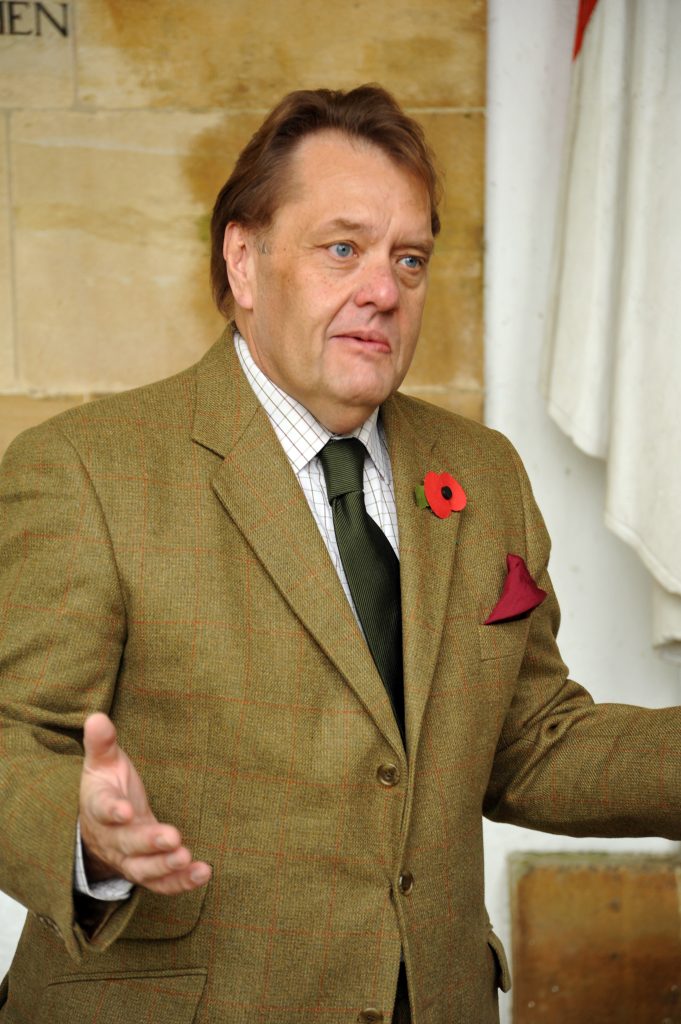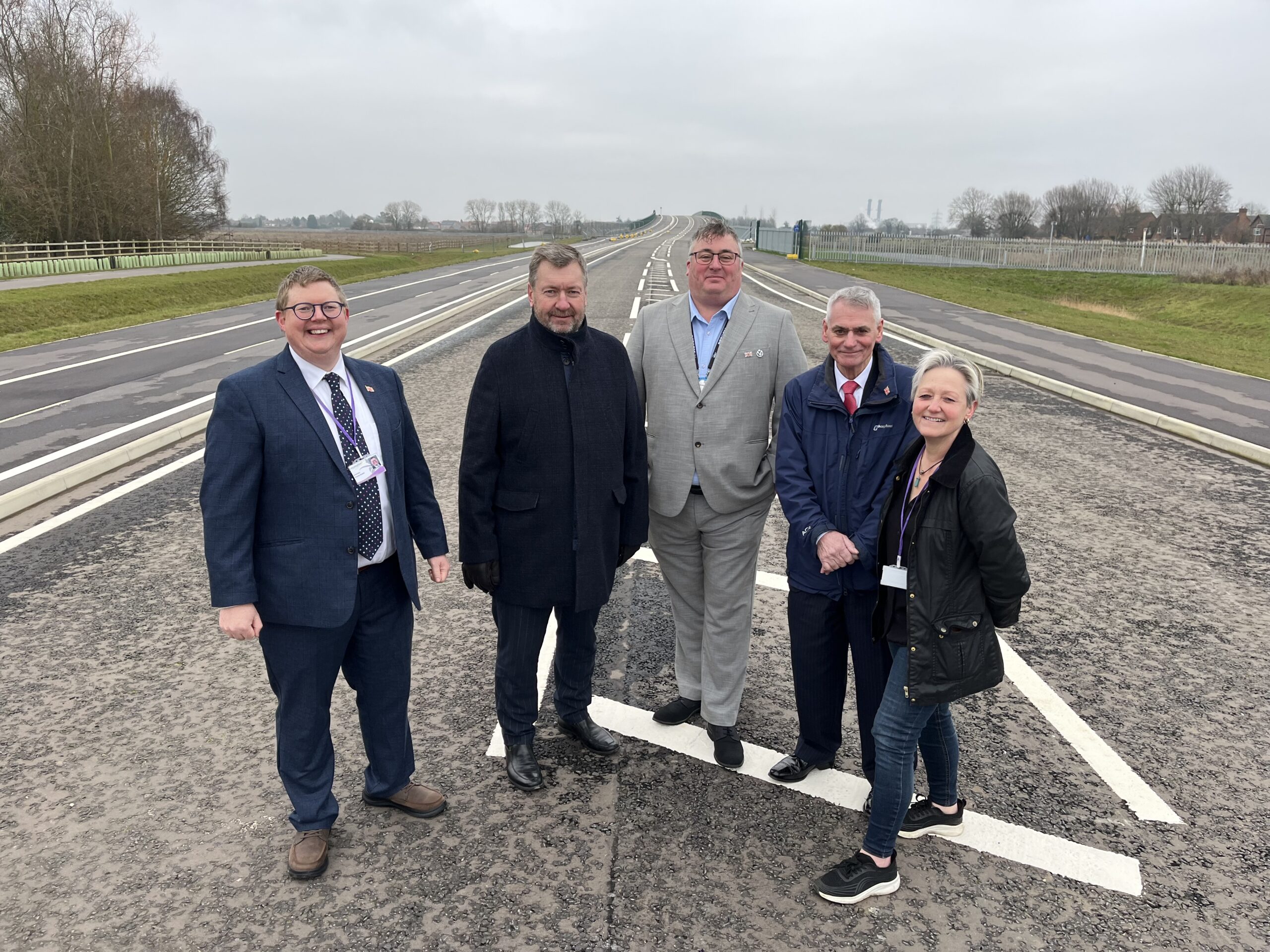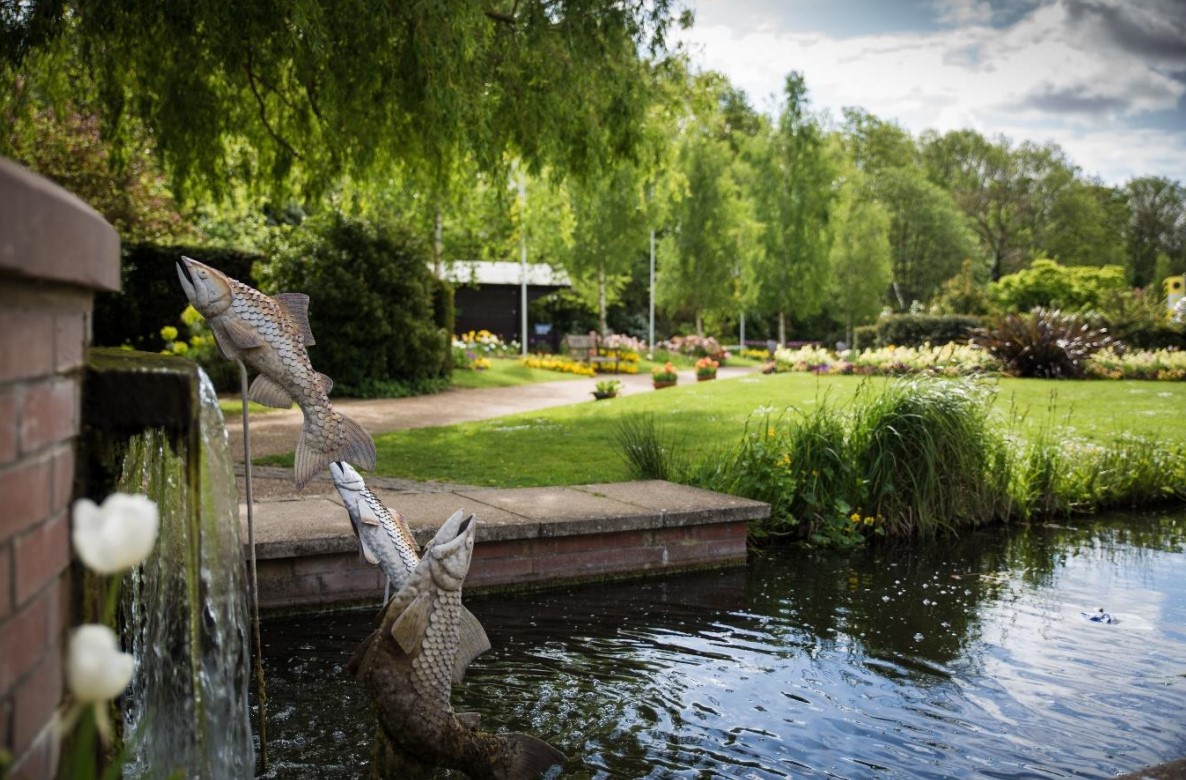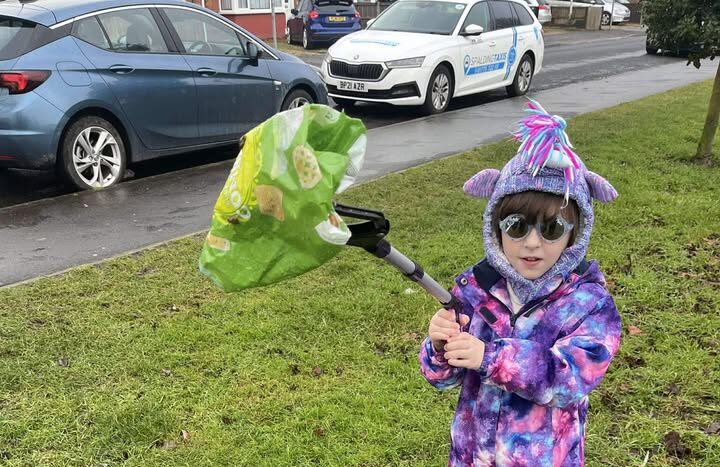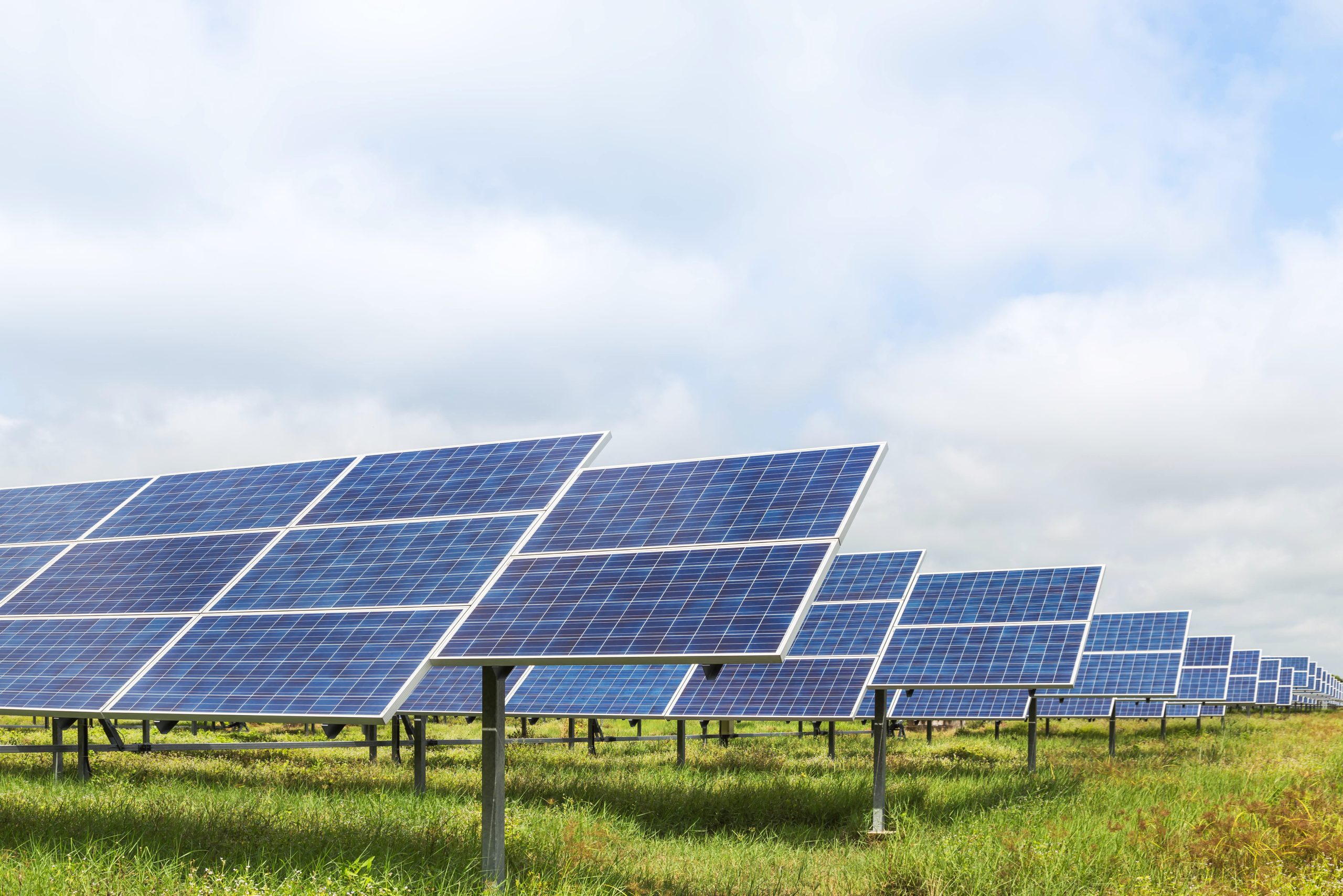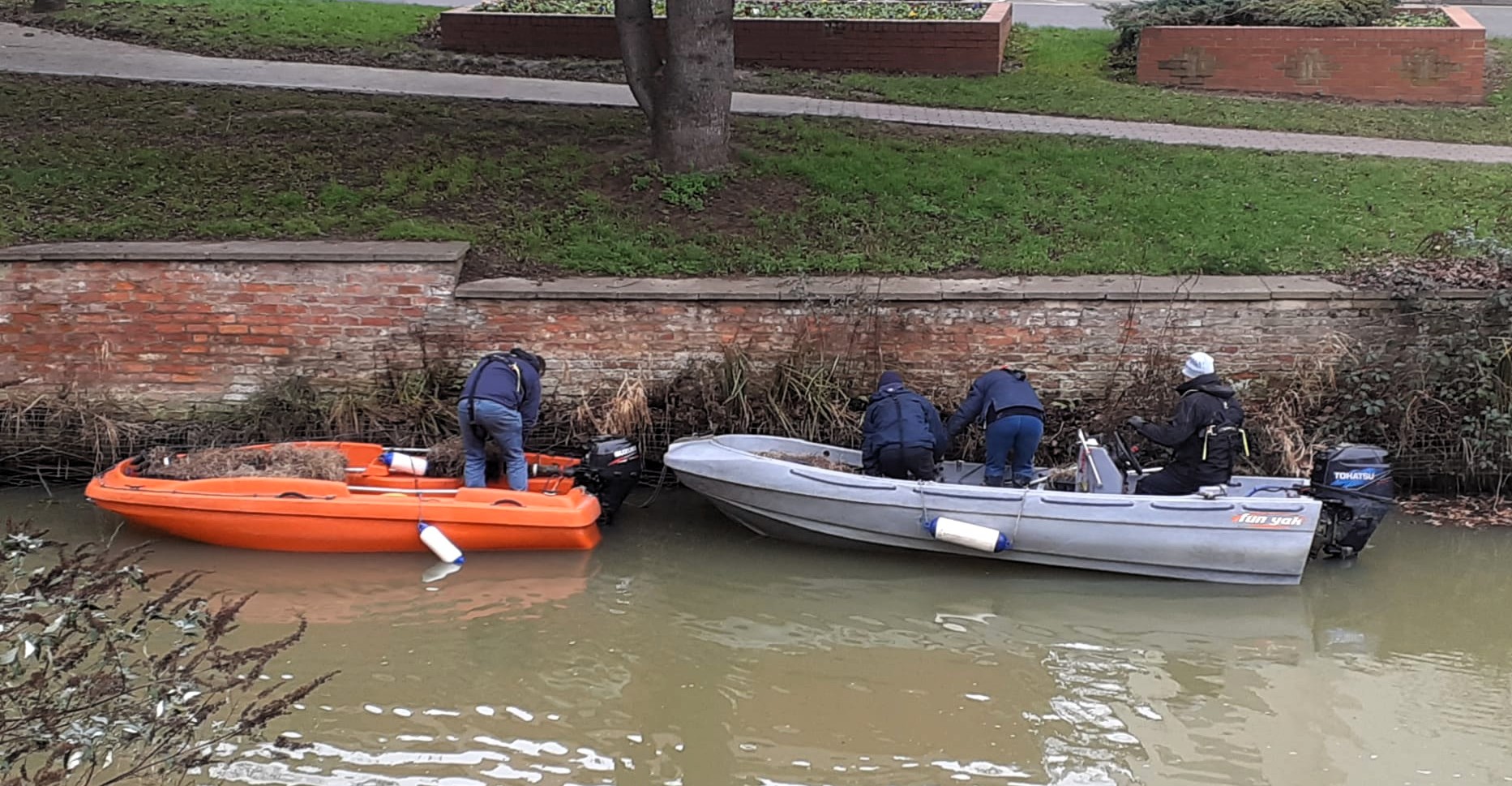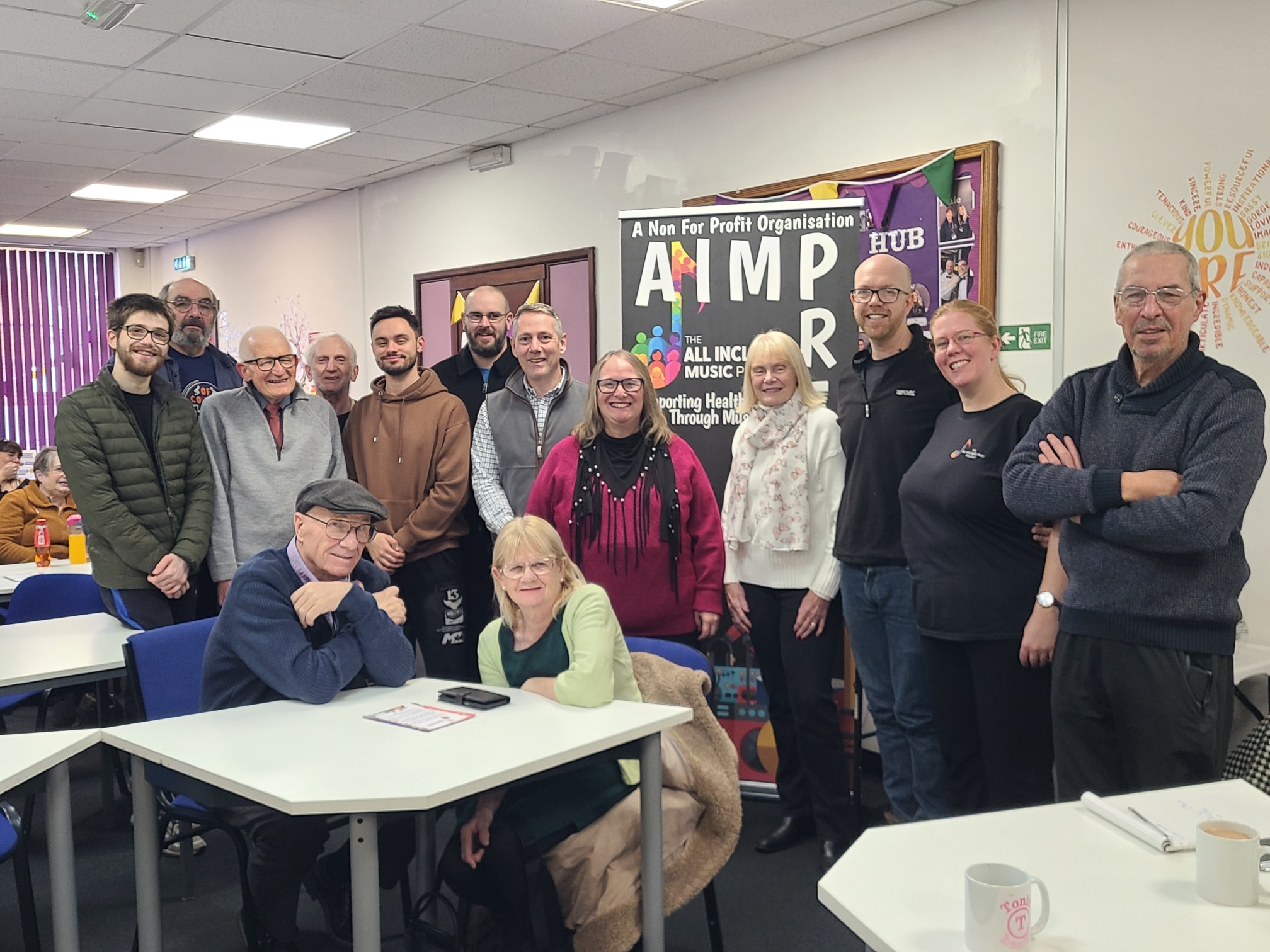Since being honoured with a knighthood by Her Majesty the Queen, numerous people in South Holland and the Deepings and beyond have offered their congratulations. Thank you all.
None mattered more than the unexpected tribute paid to me by Stephen, the son of former Labour MP, Tony Benn.
He said simply: ‘My father would have been delighted’. The friendship I developed during his last years with Tony Benn may seem to some unlikely. After all, we agreed on little. Yet we shared a passionate commitment to stand up for the least advantaged and our disagreements were tempered by courtesy, kindness and care.
So, I am saddened to witness the recent decline in civility and kind understanding in our nation’s political discourse.
Irrespective of deeply held political convictions, we must unite to condemn the harassment and personal aggression that is creeping cruelly into our political discussion.
In recent months, two of my colleagues, Anna Soubry and Jacob Rees-Mogg have faced unacceptable personal hostility.
They agree on little else, but wholeheartedly on the need to ensure we can debate sincerely held differences of opinion openly and reasonably, while preserving fellowship and respect for others.
Whilst there are numerous explanations for the decline in discourse, online media is undoubtedly the greatest.
Social media networks act as an echo chamber, amplifying and intensifying differences of opinion, reinforcing, while never challenging existing beliefs.
In contrast stand good local newspapers which forge community identity and highlight the kind of particular concerns that would never make national news.
The consequences of our national conversation becoming increasingly aggressive are considerable.
The Overton window draws its curtains ever closer, blocking out the light of any view or opinion that challenges fashionable liberal orthodoxies.
As a result, perfectly reasonable people are driven to the margins of political debate, leaving them feeling frustrated, isolated and resentful.
The weakened and undermined role of religious understanding and civic bonds have eroded our common sense of identity.
As a result, the civilities and courtesies, once taken for granted, are becoming ever rarer.
An increasing number of people feel something is missing – a void in their lives. In an attempt to find meaning it is, perhaps, unsurprising that they turn to identity politics.
Through the prism of identity politics, individuals find a warped sense of belonging.
It has become commonplace for someone to preface a statement with qualifying provisos such as, ‘as a… member of a certain ethnic group, or as a gay man or transgender female’.
Such qualifications have become so routine that we have become numb to just how disturbing they really are. Identity has become the ultimate arbiter of opinion.
It isn’t just the role of those at the top of public life, but the duty of us all to show thoughtful understanding and generous patience towards one another.
To advocate good manners may seem old fashioned, but without them life becomes nasty, rude and brutish.

